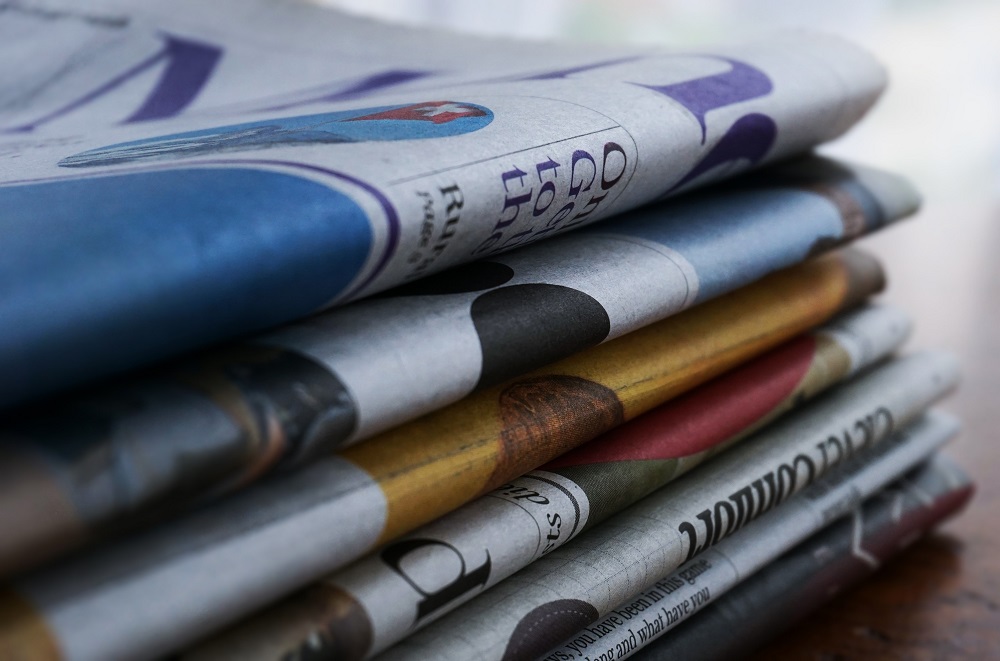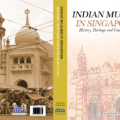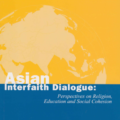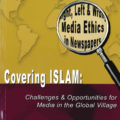
Editors: Khoo Kay Kim, Elinah Abdullah and Wan Meng Hao
Publisher: Association of Muslim Professionals (AMP) and Pelanduk Publications
ISBN: 978-967-97-8931-7
Published: 2006
No of pages: 395
Works on the history of the Singapore Malay/Muslim community from 1819 to 1965 are few.
This volume seeks to contribute to the literature by providing readers with a macro view of the chronological development of the Singapore Malay/Muslim community over this 150-year period.
Written in an easy to read manner, the original works in this book cover topics such as the negotiations between the British and the Singapore Malay elite in 1819, settlement and trade patterns of the Malays/Muslims, their social life and military contributions, education and political activities.
This book aims to encourage further interest and understanding of this history of the Singapore Malay/Muslim community.
Contents
Preface by Yang Razali Kassim
Foreword by Wang Gungwu
Introduction by Khoo Kay Kim, Elinah Abdullah & Wan Meng Hao
Overview by Khoo Kay Kim
Chapter 1 Why did Tengku Hussein Sign the 1819 Treaty with Stamford Raffles? by Kwan Chong Guan
Chapter 2 The Temenggongs of Telok Blangah: The Progenitor of Modern Johor by Manogaran Suppiah
Chapter 3 Malay/Muslim Patterns of Settlement and Trade in the First 50 years by Elinah Abdullah
Chapter 4 The Singapore Malay/Muslim Community: Nucleus of Modernity by Iskander Mydin
Chapter 5 From the Mohammedan Advisory Board to the Muslim Advisory Board by Shahril Mohd Shah
Chapter 6 Malay Soldiering in Singaore, 1910-1942 by Wan Meng Hao
Chapter 7 The Japanese Occupation through Malay Fiction by Mastura Abdul Rahman
Chapter 8 The Voice of the Rakyat: Utusan Melayu from Inception to 1959 by Zahairin Abdul Rahman
Chapter 9 Education and the Malays, 1945-1965 by Tengku Sri Indra Ismail
Chapter 10 The Political Activities of the Singapore Malays, 1945-1959 by Elinah Abdullah
Chapter 11 From Self-Government to Independence: UMNO and Malay Politics in Singapore, 1959-1965 by Mohd Azhar Terimo
Available at the national libraries.











